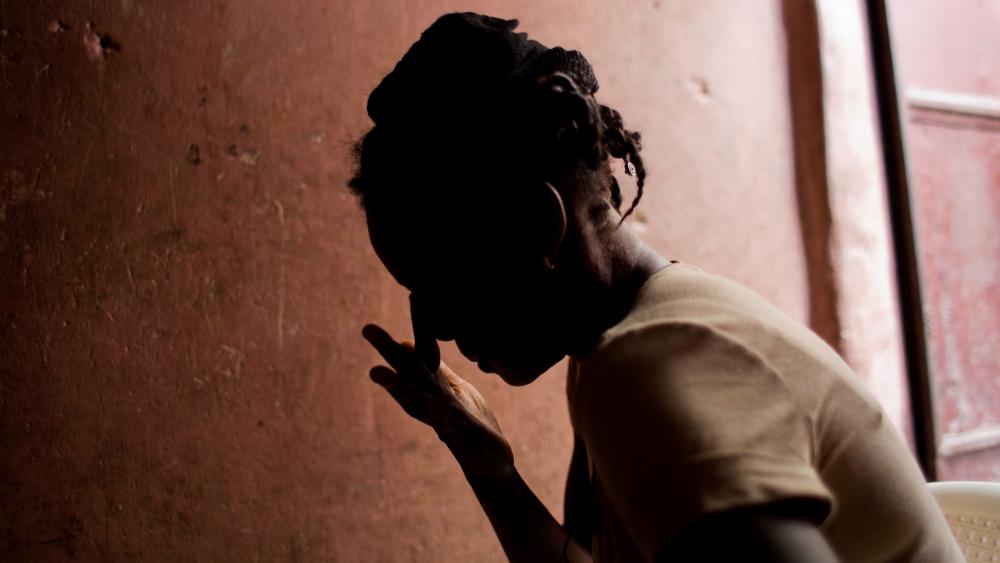By Muhammed Abdullahi.
As far back as 1989, the United Nations General Assembly adopted the Convention on the Rights of the Child. A year later, the Organization of African Union (OAU) also adopted the A.U. Charter on the Rights and Welfare of the Child. Nigeria subscribed to both international instruments and ratified them in 1991 and 2000 respectively.
In its quest to domesticate the international documents on the protection of children, Nigeria drafted the Child Rights Bill in order to principally enact into law the principles enshrined in both the UN and OAU documents.
However, it was after almost a decade of motions, counter-motions and debates by lawmakers that the Bill was passed by the National Assembly in July 2003. The passed Bill, which was assented to by former President Olusegun Obasanjo in September 2003, was to become the Child Rights Act (CRA).
The Act, among other things, places obligation on the state to protect children by investigating and addressing issues that affect their life and general existence. It also provides for a system of child justice administration. Nonetheless, even though many states in Nigeria have further passed the Bill into law, child rights are still far from being protected. Children still continue to suffer pains and endure all manner of dehumanizing treatments.
Indeed, the legislative achievements recorded with the passage of the Child Rights Act and other laws have not significantly impacted on the welfare and protection of children. Nigeria is still battling with several issues inhibiting the overall safety of children such as human trafficking, sex and other forms of abuses, as well as challenges associated with family displacement, drug abuse and communal conflict among others.
Just last week, a female friend called me on phone from Ilorin and I noticed a strong but strange kind of pain in her voice. On enquiry, she told me of how her daughter, a three year old, managed to escape molestation in school. The initial disjointed information she received from her obviously distraught daughter implicated the school teacher, but a further verification was to reveal that the invidious act was perpetrated by another older student in the same school, a 10-year old. My friend has already gone to the school to display all manner of ‘madness’. She quarreled badly, shouted so much, and even managed to slap the culprit a couple of times; but all these did not reveal how many other innocent school girls have suffered the terrible fate of being silently molested by either their fellow students or even teachers.
I heard similar stories during my national service program in Akwa Ibom State over a decade ago. As at that time, one of the most noticeable problems of that hospitable state was that of child witchcraft. Many otherwise innocent and harmless children were branded witches and wizards and made to undergo all manner of wicked torture. I understand the problem still persists till date.
In most northern states, including the ones that have passed the Child Rights Bill into Law, issues surrounding child marriage is still a serious challenge. Many girls in the North are still battling to secure equal and proportional right to quality education. Issues of genital mutilation still constitute a huge problem in most parts of Nigeria. From street begging to child labour/ hawking to sex exploitation; children have not received significant protection from the law.
There was a report on the rights and welfare of Nigerian child delivered to the African Union. The report indicated that about 6,000 children are in prison and detention centres across the country. It was reported that girls constitute less than 10 Percent of the total number and they only become ‘offenders’ in the first instance as a result of criminal acts committed against them such as trafficking, rape and other forms of sexual exploitation. In other words, the law is even punishing some categories of children for being victims.
It has also been reported that many of these children are convicted and jailed without being presented with opportunity to defend themselves or secure the help of social workers. Unfortunately, the managers of our detention facilities have not helped the situation by allegedly treating child offenders like adults and mixing them up in prisons with hard criminals.
For a serious nation, safeguarding and protecting children should not be a political act but a deliberate effort to preserve our collective humanity. After all, the greatness of a people should be measured by how they treat the helpless and vulnerable in their midst, hence the need to do more to protect children and secure their future.
In truth, the Child Rights Act (CRA) is a legislative response by the government to ensure a focused action in the area of child protection. However, law by itself would not just address problems that require deliberate and consistent action. This is why the Child Rights Act is gradually becoming cosmetic as governments at all levels have not deemed it necessary to put together actors that would monitor compliance with the CRA and ensure its effectiveness.
Considered against the ugly experiences that children are battling with nationwide, the President and indeed the Governors may need to refocus their priority when allocating portfolios to their aides. A Special Adviser (or Assistant), if not a Commissioner, on Child Safety and Protection should be considered a necessity. There is urgent need for someone specially dedicated to implementing the provisions of the Child Rights Act and other enabling laws that seek the protection of children.
With the inactive status of the CRA, there is no difference whatsoever between the states that have passed the laws seeking protection for children and those that have not. Unless we have government actors specially appointed to focus on this issue, we cannot hope for any cheerful improvement in the current pitiful situation that the children of the average Nigerians live.
We cannot and must not expect the Ministry of Women Affairs which is majorly concerned with the plight of grown up women to have time to do a serious job that child protection and safety demands. We need dedicated individuals, not some random actions of activists or wives of political leaders, to deal with the threats that mitigate against the wholesome and promising development of Nigeria’s children.
For now, the Child Rights Act has not addressed the problems that led to its promulgation. The children are still experiencing pains of diverse proportion. It is therefore important that we do something urgent and deliberate to wipe tears from the faces of these innocent kids who have continued to weep quietly in the hope that we would hear their silent but heartbreaking cry for help.
Abdullahi, a media/youth development practitioner wrote from Abuja.

___________________________________
DISCLAIMER: All views expressed on our opinion page are those of the writer and do not represent the position of INSIDER or any of its reporters/editors.



Beautiful analysis. But someone taking the law into her own hands? I’m afraid she could have engaged the appropriate authorities.
“It is therefore important that we do something urgent and deliberate to wipe tears from the faces of these innocent kids who have continued to weep quietly in the hope that we would hear their silent but heartbreaking cry for help”, I so much concur with that submission.